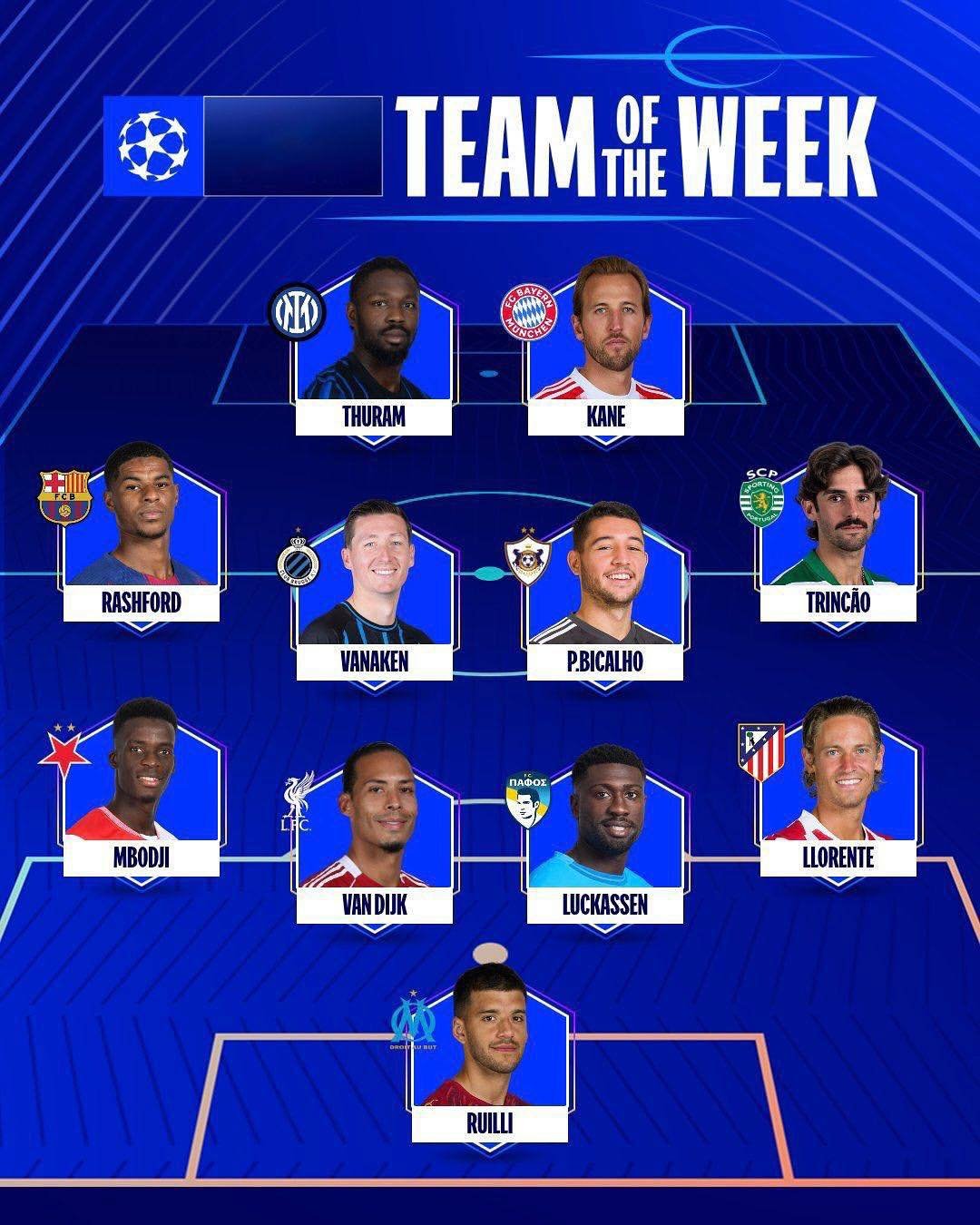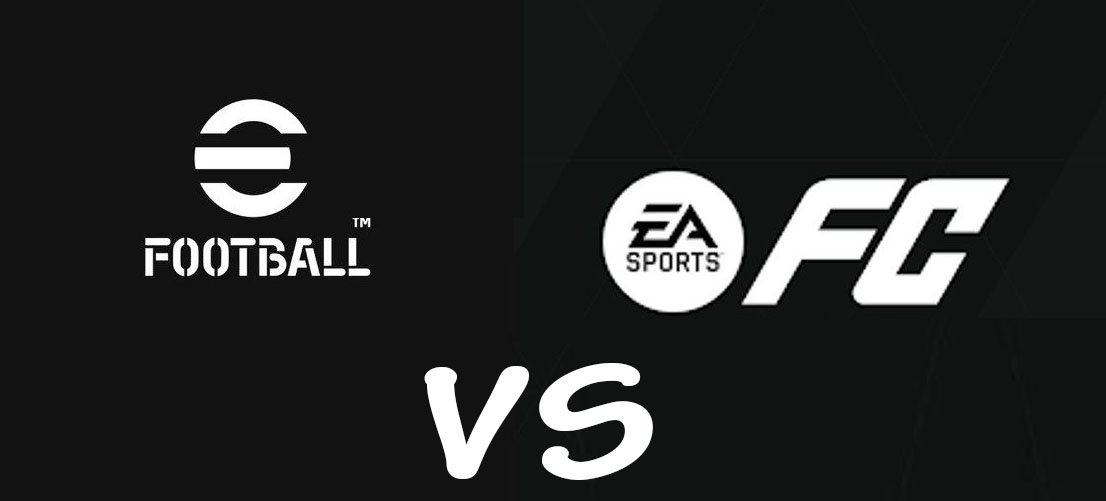La Liga, Spain’s premier football division, has recently been at the center of intense scrutiny regarding the quality and consistency of its refereeing. Players, coaches, and fans alike have voiced concerns over perceived inconsistencies, controversial decisions, and the application of Video Assistant Referee (VAR) technology. This article delves into the underlying issues plaguing La Liga’s officiating and explores potential avenues for reform.
The Current Landscape: Mounting Controversies
In recent months, several high-profile incidents have brought La Liga’s refereeing standards into question:
- Real Madrid’s Formal Complaint: Following a 1-0 defeat to Espanyol, Real Madrid lodged a formal complaint with the Spanish Football Federation (RFEF) and Spain’s Sports Ministry (CSD). The club cited a “completely discredited refereeing system” and alleged “manipulation and adulteration” of the competition. Central to their grievances was a challenge on Kylian Mbappé by Espanyol’s Carlos Romero, which resulted in only a yellow card, despite calls for a red. Romero later scored the match’s only goal.
- VAR Audio Controversies: In a Copa del Rey clash between Atlético Madrid and FC Barcelona, VAR audio revealed a heated exchange between the on-field referee and the VAR official regarding a potential red card offense. The incident highlighted communication issues and raised questions about the transparency and effectiveness of VAR interventions.
- Threats Against Referees: The emergence of a threatening banner targeting referee Carlos Del Cerro Grande underscored the escalating tensions. The refereeing community condemned the act, linking it to the increasing verbal and public assaults on match officials.
Root Causes: Understanding the Challenges
Several factors contribute to the current refereeing dilemmas in La Liga:
- Inconsistent Application of VAR: While VAR was introduced to minimize clear and obvious errors, its inconsistent application has led to confusion and frustration. Discrepancies in decision-making processes and the threshold for intervention have been points of contention.
- Lack of Standardized Refereeing Protocols: Variability in how referees interpret and enforce rules has resulted in perceived biases and unpredictability. This inconsistency undermines the credibility of match outcomes.
- External Pressures and Criticisms: High-profile clubs publicly criticizing referees can exert undue pressure on officials, potentially influencing their on-field decisions and eroding their authority. Such actions also contribute to a hostile environment, making the profession less appealing.
Pathways to Improvement: Recommendations for Reform
Addressing these challenges requires a multifaceted approach:
- Enhanced VAR Training and Clear Guidelines: Establishing transparent protocols for when and how VAR should intervene can reduce inconsistencies. Comprehensive training programs for referees on VAR usage are essential to ensure uniform application across matches.
- Standardization of Refereeing Decisions: Implementing consistent criteria for fouls, bookings, and other in-game decisions can mitigate perceptions of bias. Regular workshops and assessments can help align referees’ interpretations with established standards.
- Fostering a Respectful Environment: Clubs, players, and media outlets should promote respectful discourse regarding refereeing decisions. Constructive feedback, rather than public condemnation, can contribute to a more supportive atmosphere for officials.
- Leveraging Technology for Transparency: Making VAR audio recordings publicly available can enhance transparency and trust in the decision-making process. Such measures can demystify contentious calls and provide clarity to stakeholders.
- Support Systems for Referees: Establishing mechanisms to protect referees from undue criticism and threats is vital. This includes legal support, mental health resources, and platforms for officials to voice their concerns.
Conclusion
The challenges facing La Liga’s refereeing are multifaceted and deeply rooted. While the path to reform is complex, prioritizing consistency, transparency, and respect can pave the way for a more credible and respected officiating system. Collaborative efforts from governing bodies, clubs, players, and fans are essential to restore faith in the integrity of Spanish football.
#LaLiga #RefereeingCrisis #VARControversy #FootballIntegrity #SpanishFootball #RefereeReform #FootballAnalysis












